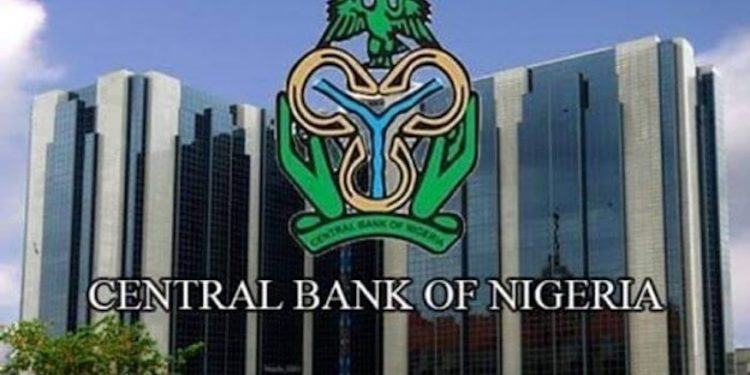A significant increase to Nigeria’s economic growth, the Central Bank of Nigeria (CBN) reported that Nigerian banks’ credit to the private sector increased by N2.29 trillion between June and July 2024. This increase comes amid challenges such as a volatile naira in the foreign exchange market and persIn istent double-digit inflation.
According to the CBN’s Money and Credit Statistics report, the total credit extended to the private sector rose by 34% year-on-year, from N56.46 trillion in July 2023 to N75.5 trillion in July 2024. This jump of N19.02 trillion highlights the resilience and ongoing support of the banking sector in driving economic activities.
The report further detailed that the increase in credit to the private sector between June and July 2024 was 3.1%, or N2.29 trillion, pushing the total from N73.19 trillion to N75.48 trillion. This credit includes loans, trade credits, and other receivables provided by banks, demonstrating the sector’s commitment to supporting Nigeria’s economic agenda.
Additionally, the CBN’s data indicated a significant rise in bank deposits. Demand deposits increased from N26.7 trillion at the end of December 2023 to N33 trillion by June 2024. Analysts attribute this growth to banks’ aggressive strategies and the favorable regulatory environment set by the CBN, including the 65% Loan-to-Deposit Ratio (LDR) requirement.
Analysts at Cordros Capital expect the trend of increasing private sector credit to continue, driven by the CBN’s macro-prudential measures. However, they caution that the CBN’s tight monetary policy could limit the pace of growth in the future.
A recent CBN study supports the view that credit is essential for economic growth, even in challenging economic conditions. The study found that private-sector credit is directly linked to GDP growth, reinforcing the importance of continued lending.
Despite the positive outlook, Dr. Muda Yusuf, CEO of the Centre for the Promotion of Private Enterprise (CPPE), expressed concerns about the equitable distribution of credit. He noted that small businesses, which are vital for job creation and economic inclusion, may not benefit as much from these increased lending activities. Yusuf emphasized the need for banks to extend credit more inclusively across all sectors, particularly those that are growth and employment-elastic, such as agriculture, manufacturing, and real estate.
On the other hand, CBN Governor Dr. Olayemi Cardoso remains optimistic, citing the ongoing recapitalization of banks as a crucial step toward enhancing their ability to support Nigeria’s $1 trillion economic target. He believes that additional capital will not only strengthen the banks’ buffers against economic challenges but also enhance their capacity to contribute to substantial and sustainable economic growth.










